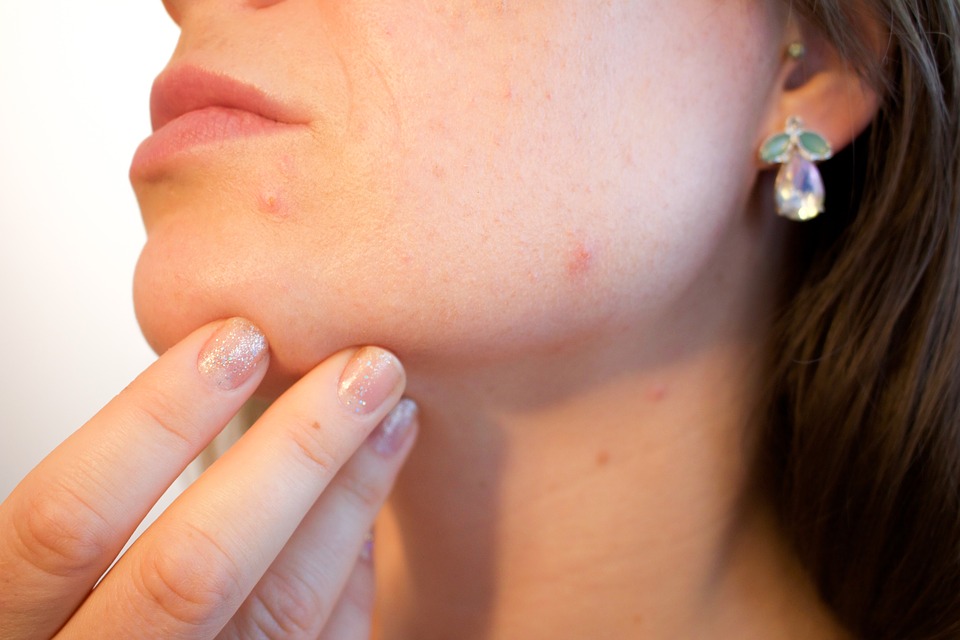Smoking is a trend that comes and goes with decades. Sometimes in history is was a class distinction and in some other times, it was only a practice of criminals and drug addicts. But, what is smoking?
Smoking refers to the process or burning a substance and breathing the smoke to be tasted and also absorbed into the bloodstream. Many different substances can be smoked, mostly leaves of plants. The most common plant to be smoked is tobacco. It can be found in many different presentations and with different additives for flavor or fruit scented.
After discovering the damaging effects of the combustion of tobacco in our lungs, many people and institutions have devoted their efforts to ban the consumption of cigars and cigarettes. It was the combination of higher life expectancy rates and the popularization of tobacco consumption that gave rise to studies and research of their negative effect on lungs and their direct relation to lung cancer.
Read also: The Disturbing Trend Of Multiple Chronic Medical Conditions
Once the studies showed that the combustion of tobacco created tart and tar was the main toxic element when smoking, the effort was deviated to eliminating the intake of toxic tar into the system. Longer filters, water filters, and many more devices were then created to achieve this goal. And following the creation of these items, the electronic cigarettes offer smokers the possibility of enjoying nicotine without the negative side effects of tar.
Electronic Cigarettes, How Do They Work
Electronic cigarettes are battery-operated devices, they can look like a pen, and some others have new designs that may look like cigars or cigarettes. These devices convert liquid nicotine into a vapor or mist that the user – smoker- inhales. Since what the user is inhaling, is not smoke, the community of supporters has decided to call themselves vapers. With these e-cigarettes, there is no fire and therefore no ashes and smoke to be inhaled.
E-cigarettes are offered to the public as a healthy alternative to tobacco cigarettes. They started being sold in 2003, and now, multiple houses offer different kinds of electronic cigarettes to suit different audiences and moods.
Are They Safe
The research on electronic cigarettes is not thorough yet. Many laboratories are carrying out diverse tests to examine the effect of the use of electronic cigarettes over time. Apparently, the absence of fumes makes them already a lot healthier than smoking a regular cigar. However, this does not mean they are completely exempt from doing any harm. Any substance is dangerous when it is excessively consumed, even water!
Studies have shown that nicotine present is not associated with the traditional danger of smoking. It was the tar that was to blame. In the case of nicotine vapor, it is still necessary to carry out more extensive research to assess the long-term effect it could have on the human body.
Nicotine And Oral Health
Nicotine acts as a vasoconstrictor, and this means that the flow of blood is reduced because of the consumption of nicotine. After consuming the tobacco e-liquid and without sufficient blood flow, the gums in your mouth could be affected and be left without the nutrients and oxygen they need to stay healthy. This can cause gum recession and gum death through the death of the tissue.
It is also important to point out that gum disease may be harder to diagnose when inhaling tobacco vapor. This is due to the same fact explained earlier, the vasoconstriction created by the nicotine reduces blood flow through the gums, and therefore when you brush you don’t bleed anymore, or maybe the bleeding is drastically reduced, but the original causes of the gum disease are still there.
Read also: The Relationship Between Oral Health And General Health
Because of the same effect, your mouth will also find harder to produce saliva. This can cause some other minor issues. Eating, for example, could be affected because of the missing saliva, since saliva is an important element in the digestive process. Another issue derived from not producing enough saliva is bad breath. Saliva stops bacteria from forming inside your mouth, and without it, bacteria can reproduce quickly and give you terrible breath.
The recommendation would be to stay alert to the symptoms of gums disease even if you notice that you have stopped bleeding for a while. It is always good to remember that you should not take this article as the replacement of a visit to the doctor. A health professional would always be the best option when it comes to assessing the health of your mouth.
If you are thinking of switching from regular cigarettes to e-cigarettes, there will be an immediate improvement in your quality of life. The elimination of the toxic tar and smoke that was being inhaled is a real plus for your health but be concerned about other negative effects due to nicotine as highlighted in this article.






















